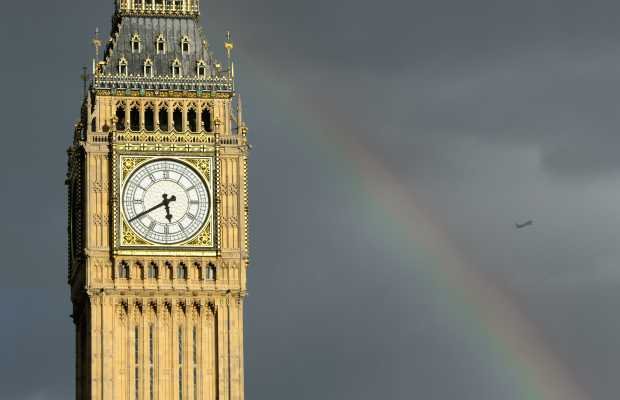Britain’s self-employed deserve more from their government

Hastily written notes grimly announcing temporary closures have hung in the windows of small businesses across the country since lockdown begin. Since the shutters went down on our high streets, the self-employed have faced mounting worry.
Those who strike out on their own – to start a business or work freelance – take a brave leap, forgoing the comparative security found in other jobs. By their nature our self-employed are resilient go-getters. But nothing could have prepared them for coronavirus.
That’s why Labour called for an extension to the government’s self-employed support scheme, which was due to end this month. Businesses and trades that can get back up and running quickly and safely will be crucial to helping our economy bounce back after the lockdown. We must do everything possible to help them through this period of crisis.
Read more: Furlough scheme continues but self-employed wonder about the future
It was welcome that the Chancellor heeded Labour’s calls and extended the self-employed scheme yesterday. The scheme has been a lifeline for two million self-employed people who have used it to-date.
However, the Government should have pledged only to scale back this support in step with the lifting of lockdown. And they should have published an analysis of the impact on unemployment of the ‘one size fits all’ approach currently being taken across all sectors.
Of course, the scheme cannot – and should not – continue indefinitely. No one, least of all those accessing the scheme, wants it to be in operation for longer than is necessary. But it is essential that this support is phased out in the right way.
Around one in seven workers in the UK are self-employed – that’s five million people. They are the online shopkeepers with no orders at the moment, the taxi drivers with no fares, the tradespeople whose jobs have been postponed.
They are the small cafes, hairdressers and personal trainers that so many have missed in recent months. Many of them have been hit hard by the necessary social distancing measures put in place to tackle coronavirus. Many saw the bottom fall out of their business in a matter of days back in March. Getting them up and running will be one of the most visible and uplifting signs of our recovery.
Some may assume that the self-employed are relatively well-off and can weather this storm. Yet half of self-employed workers over 25 earn less than the minimum wage, and the IFS has issued a chilling warning that many will struggle to stay afloat.
Throughout this crisis, Labour has demonstrated that we sincerely want to work with the government to support jobs and businesses. We have supported the government where it has done well and made suggestions of where schemes can be improved. We suggest all this in the spirit of constructive opposition.
We pushed hard for improvements to the government’s furlough scheme to protect jobs. We called for flexibility to allow part-time working and a more gradual introduction of the employer contribution. Both of those changes were announced by the Chancellor yesterday, and I welcome that.
But more still needs to be done to support self-employed workers. First, support should match necessary public health measures stride for stride. For those self-employed people working in sectors that are still closed, government should continue support but could provide it on a monthly basis, so that changes could be made once sectors are re-opened.
Crucially, HMRC already has the systems in place to make payments, so this would be relatively simple to action. It would provide substantial relief to many. Government should also be more targeted in its approach, to ensure that no one whose business is operating at pre-crisis levels is still receiving support.
Finally, the government must fix some of the major gaps in the scheme. No one should be punished for deciding 2020 was the year to finally take a leap of faith and set up your own business. But currently anyone who became self-employed recently after April 2019 cannot receive support. Just because you went out on your own, doesn’t mean you should now be alone.
There are early indications that people are already falling through these gaps. Among the top 20 areas with the worst increases in unemployment during this pandemic, the vast majority have above-average levels of self-employed workers.
The government’s support for the self-employed should be a bridge, not a cliff-edge. A bridge that leads the way back to work for the many thousands of self-employed people, who have done the right thing and temporarily shut up shop to help keep us all safe and healthy.